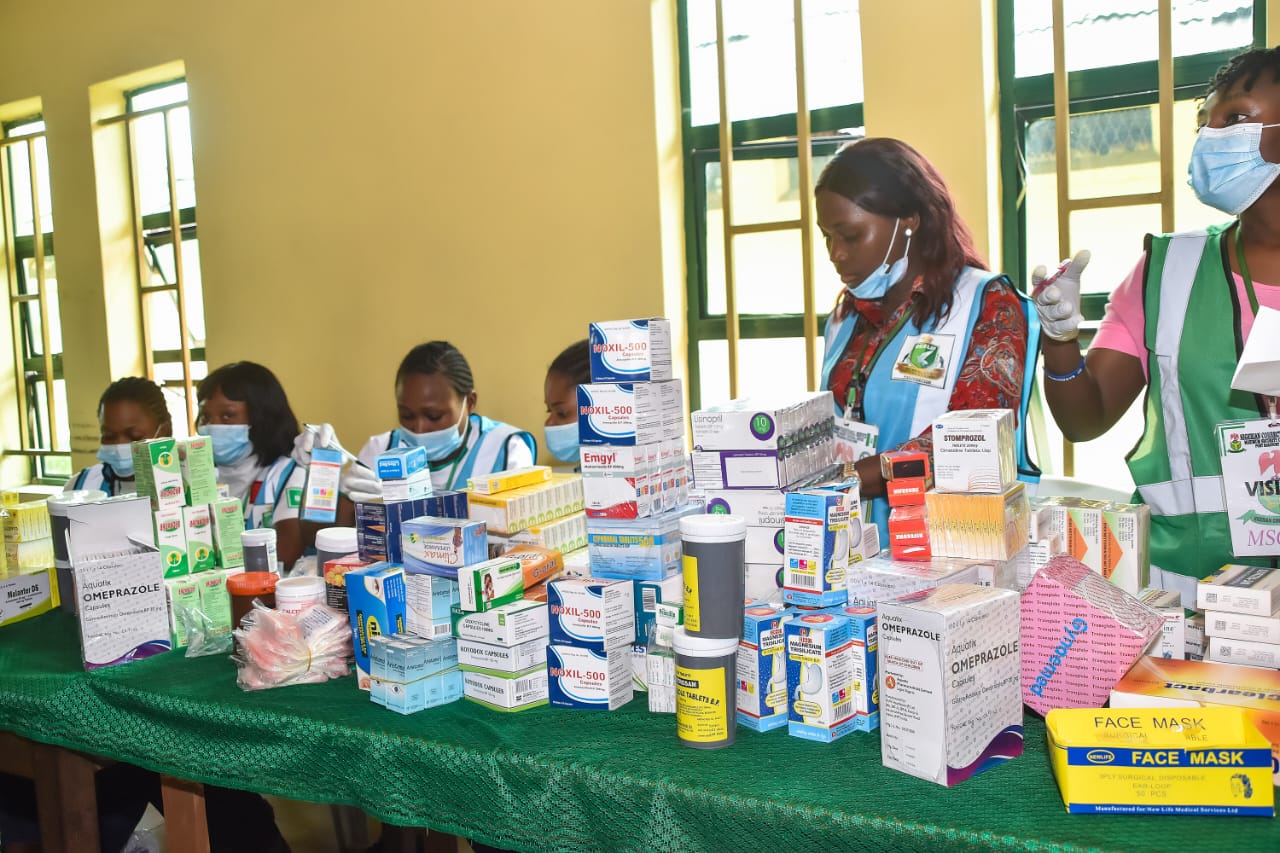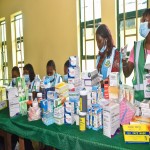The Importance of Health Outreach: Transforming Lives and Communities
Introduction
In many parts of the world, access to quality healthcare remains a significant challenge. Health disparities, especially in underserved and remote areas, can lead to devastating outcomes for individuals and communities. This is where health outreach programs step in, playing a crucial role in bridging the gap between healthcare services and those in need. These programs are designed to provide essential medical care, health education, and preventive services to populations that may otherwise go without. In this blog post, we explore the importance of health outreach and how it can transform lives and communities.
What is Health Outreach?
Health outreach involves proactive efforts to bring healthcare services directly to communities that have limited access to medical facilities. These programs often include mobile clinics, health fairs, educational workshops, and home visits by healthcare professionals. The goal is to address the immediate health needs of the community while also promoting long-term health and wellness.
Key Benefits of Health Outreach
Improved Access to Healthcare: One of the most significant benefits of health outreach is improved access to healthcare services. Mobile clinics and outreach programs can reach remote and underserved areas, ensuring that individuals receive the medical attention they need. This includes routine check-ups, vaccinations, screenings, and treatment for common ailments.
Early Detection and Prevention: Health outreach programs emphasize preventive care and early detection of diseases. By providing screenings and health education, these programs help identify health issues before they become serious, allowing for timely intervention and treatment. This proactive approach can significantly reduce the burden of chronic diseases and improve overall health outcomes.
Health Education and Awareness: Education is a critical component of health outreach. Programs often include workshops and seminars that educate communities about healthy lifestyles, disease prevention, and the importance of regular medical check-ups. By empowering individuals with knowledge, health outreach programs help foster a culture of health and wellness.
Support for Vulnerable Populations: Health outreach specifically targets vulnerable populations, including the elderly, children, low-income families, and those with chronic conditions. By addressing the unique health needs of these groups, outreach programs play a vital role in reducing health disparities and promoting equity in healthcare.
Building Trust and Community Engagement: Health outreach fosters trust between healthcare providers and communities. Regular visits and consistent engagement help build relationships and encourage individuals to seek medical help when needed. This trust is essential for effective healthcare delivery and community well-being.
Examples of Successful Health Outreach Programs
Mobile Clinics: Mobile clinics are a cornerstone of health outreach, providing medical services to remote and underserved areas. These clinics are equipped with essential medical supplies and staffed by healthcare professionals who offer a range of services, from general check-ups to specialized care.
Health Fairs: Health fairs bring healthcare services to communities in a festive and accessible way. These events typically offer free screenings, vaccinations, health education sessions, and consultations with healthcare professionals. Health fairs also serve as an opportunity for community members to learn about available health resources.
Home Visits: For individuals who are unable to travel to healthcare facilities, home visits by healthcare professionals provide a lifeline. These visits ensure that patients receive necessary medical care and support in the comfort of their homes, particularly important for the elderly and those with mobility issues.
Challenges and the Way Forward
While health outreach programs are immensely beneficial, they also face challenges. Limited funding, logistical issues, and a shortage of healthcare professionals can hinder the reach and effectiveness of these programs. To overcome these obstacles, it is crucial to advocate for increased support and investment in health outreach initiatives. Collaboration between governments, non-governmental organizations, and private sector partners can also enhance the impact of these programs.
Conclusion
Health outreach is a powerful tool for improving health outcomes and promoting equity in healthcare. By bringing essential medical services directly to those in need, health outreach programs play a pivotal role in transforming lives and communities. As we continue to face global health challenges, it is essential to support and expand these programs, ensuring that everyone, regardless of their location or socio-economic status, has access to quality healthcare.
Through concerted efforts and community engagement, health outreach can pave the way for a healthier, more equitable future for all.






